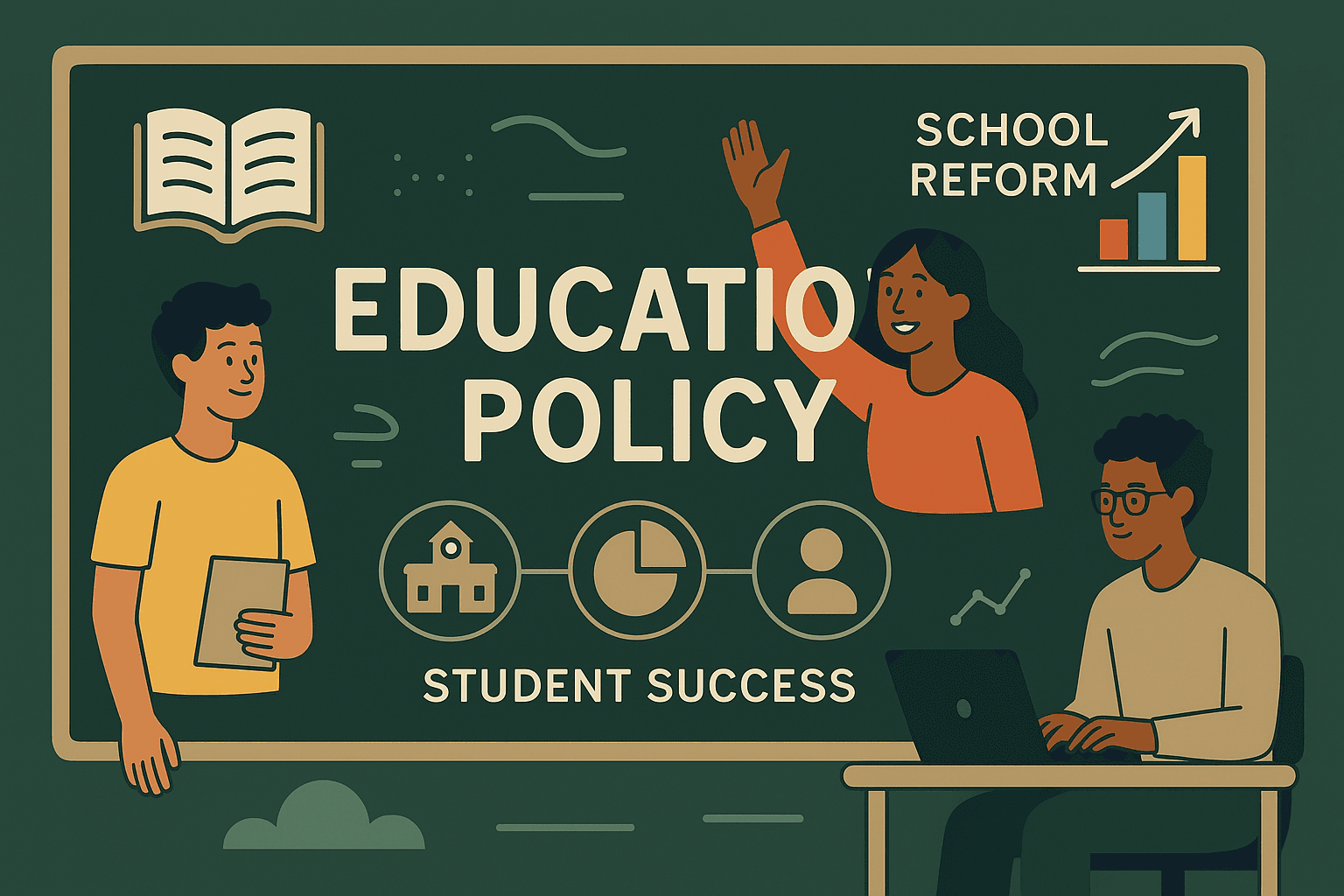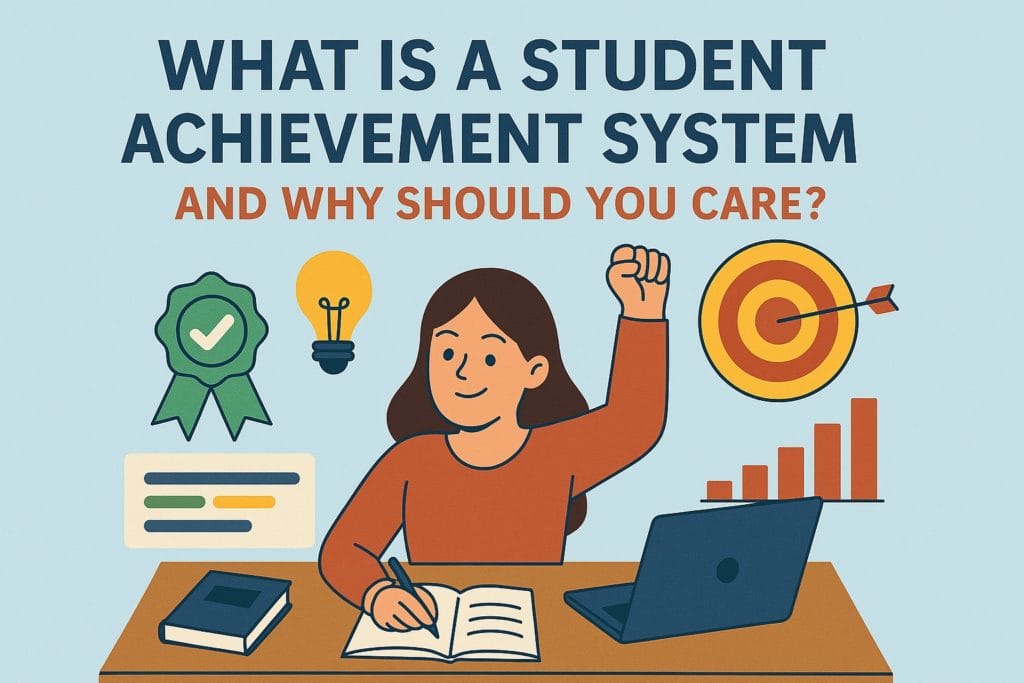
Have you ever wondered why your school starts at a certain time, why standardized tests exist, or how decisions about what you learn are actually made? Believe it or not, many of these answers trace back to a behind-the-scenes player you might not have heard of: the Office for Education Policy (OEP).
It might sound like something only politicians and school administrators care about, but the OEP has a direct impact on your daily life as a student. Let’s pull back the curtain and take a closer look at what the OEP does, how it influences your education, and why paying attention to it could actually benefit you. And if you’re ever overwhelmed by school assignments while trying to understand all this policy stuff, you can always turn to the essay writing service Write My Essay for a little professional help.
What Is the Office for Education Policy?
The Office for Education Policy (OEP) is a research organization that focuses on improving education by analyzing data, evaluating school systems, and advising policymakers. One well-known example is the Office for Education Policy at the University of Arkansas, but similar organizations exist in different regions.
In simple terms, the OEP is like a think tank for schools. It studies what works and what doesn’t in education, then provides reports and recommendations to help schools do better. This includes everything from evaluating how effective certain teaching methods are, to analyzing test scores, to figuring out whether new policies are helping students succeed.
Why Should You Care?
Because what the OEP does ultimately shapes how your school works.
From the classes you take to the technology available in your classrooms, and even to the way teachers are evaluated—all of these decisions are influenced by policies. And those policies are often shaped by the kind of data and recommendations provided by the OEP.
In other words: when the OEP talks, decision-makers listen.
Real-World Examples of OEP’s Influence
Let’s say your school district is deciding whether to extend the school year or offer more after-school tutoring. The school board might turn to the OEP for data on how these changes have worked in other districts. The OEP might provide research showing that extended school years help students from under-resourced communities improve in math and reading. That evidence could push your school district to take action.
Or maybe your teachers start using a new reading app in class. Chances are, someone like the OEP studied that app and provided a report showing that it helped students improve their comprehension. This kind of evidence makes it easier for schools to adopt new tools that actually help.
The Power of Data
One of the coolest things the OEP does is use data to tell stories. Instead of just saying, “We think this method works,” they use statistics, charts, and real-world results to back it up.
For example, they might analyze standardized test scores from thousands of students across the state and find trends—like students doing better in schools with smaller class sizes, or how students in schools with more art and music programs report higher satisfaction and engagement.
These insights help lawmakers and educators decide where to invest resources: more teachers, better facilities, extracurriculars, etc.
School Choice, Teacher Quality, and More
The OEP also dives into some hot topics in education. For instance:
- School choice: They study the effects of charter schools, magnet programs, and vouchers to see how they affect student performance and equity.
- Teacher quality: They look at how different evaluation systems impact teaching and whether certain training programs produce better results.
- Education funding: They analyze whether more money actually leads to better schools (spoiler: it’s not just about how much, but how it’s used).
All these studies influence big decisions that trickle down to you.
Why Students Should Be in the Know
You might be thinking: “This sounds important, but what can I do about it?”
The answer is—plenty.
When you understand how education policy works, you can:
- Advocate for changes that matter to you and your peers (e.g., more mental health support, better lunch options, stronger STEM programs).
- Participate in school board meetings or student councils with informed opinions.
- Ask better questions when new programs or changes come to your school (“What does the research say about this?”).
Knowledge is power, and when you know how decisions are made, you can be part of shaping them.
How to Stay Informed
If you’re curious, you can start by checking out your state or local OEP’s website. They usually publish:
- Annual reports on school performance
- Articles on education trends
- Easy-to-read data visualizations
- Policy recommendations that may soon become reality
You don’t have to read everything (some of it is dense!), but even skimming headlines can help you stay ahead.
You can also follow education news on platforms like Edutopia, Education Week, or even your local school district’s newsletter.
Final Thoughts: You Have a Voice
The Office for Education Policy might seem like it operates in the background, but its work is at the core of how schools function. From classroom tools to teacher training to the very subjects you study, its research shapes your school life in countless ways.
So don’t just be a passenger on your educational journey. Be curious. Ask questions. And remember: behind every school rule or class change, there’s likely a policy—and maybe even an OEP report—helping to guide it.
Because when students understand policy, they become powerful voices for change.
 admin
admin


